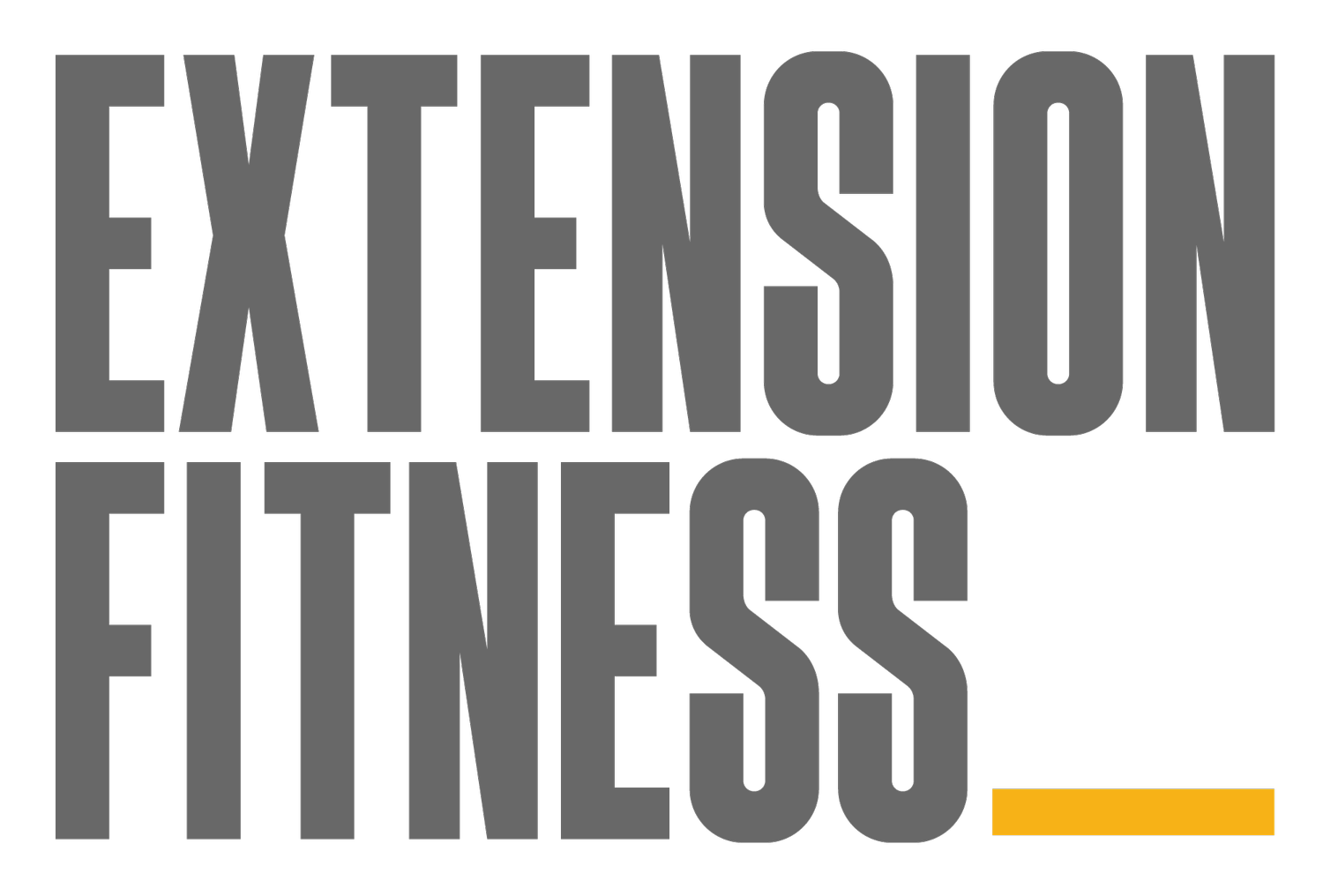Enter The Pain Cave: High Intensity Interval Training As Exposure Therapy For Anxiety
Readers of this blog may be aware that I’ve suffered from fairly substantial anxiety in the past. Thankfully, this is now very well managed and minimally troubling in my day-to-day experience. But I still have a genetic predisposition to being a little neurotic.
From around 2004 to 2015, I persistently experienced these sort of issues:
Intrusive obsessional thoughts
Poorly controlled, persistent irrational worrying
Disturbed sleep
Occasional panic episodes
Anxiety induced heart palpitations and chest pain (pretty rarely)
Personally, exercise - specifically high intensity aerobic exercise - was a crucial factor in my recovery.
I remember in 2013 deciding to get back into serious, consistent training after a long hiatus of either being sedentary or training pretty occasionally between 2001 and 2013.. My poison at that time was surfing and open water swimming.
I can clearly recall an occasion in Spring 2013 where I was walking back to my car in the Beatty Park carpark after just having done a fairly substantial training session of ~2500m.
I was experiencing a sense of stillness, calm and control in my thoughts - which was highly unusual for me at the time. I remember thinking to myself, “Oh! This is what rationality feels like!” It was as though the clouds of worry and obsessiveness had lifted and I was the old Tim again - feeling like I used to feel and thinking how I used to think.
Fast forward to 2015 and I was further along in my recovery journey, reading two books on anxiety (My Age Of Anxiety and The Anxiety And Phobia Workbook - both of which helped me a great deal).
I was reading about exposure therapy in both of these books. Exposure therapy is the process of gradually and systematically confronting the situations and environments which you find anxiety inducing so as to teach yourself that your fears are disproportionate and irrational.
My interest was piqued by the authors of the workbook stating that one reason to exercise when you have anxiety, and one potential mechanism to explain its effectiveness, is that the physiological response to exercise is quite similar to that of experiencing anxiety and panic;
Elevated heart rate and blood pressure
A feeling that you want to stop (or escape!)
Sweating
Raised respiration rate
Elevated stress hormones
This really interested me! Could I harness my pre-exisiting love for training and deploy it in service of my recovery from generalised anxiety? From that time on, I made an effort to dwell on my thoughts when I was doing hard interval training. When I was really suffering in a workout (running, swimming etc), deep inside the pain cave, I would say to myself, “hold it together”, “stay calm”, “Strong. Push. Strong. Push”, and other little mantras like this. I was trying to prevent myself from panicking and giving up too easily and too quickly.
Did it work? Did embracing the “pain cave” cure my anxiety? Well, I don’t know for sure but I think it likely helped a lot.
Even just understanding the physical manifestations of anxiety, that it was almost always a short lived phenomenon that I could push through like a hard training session, helped me a lot when I was feeling overwhelmed, panicky and irrational.
My experience over time has been that as I taught myself this truth, the panic episodes went away and - even though I can still be neurotic and obsessive - I have a distance from my thoughts and emotions now that I did not have when I was gripped by fear during those troublesome years.
What does this mean for you?
If you’re suffering from anxiety, I suggest you think and read about whether you can get into high intensity training for the potential exposure therapy benefit. There’s almost certainly myriad benefits from exercise for people with anxiety which are not due to exposure therapy, but it makes sense to me that higher intensity, uncomfortable training could up your mental game when facing off against your panicking thoughts and fight/flight physiology.
This study from The Journal of Anxiety Disorders found a superior effect for generalised anxiety symptoms from high intensity interval training when compared to low intensity training. I’ll admit that I do not know whether this study was large enough, or whether the magnitude of the effect was clinically meaningful. The authors state that the effect of HIIT was moderate to large and that it was considerably more effect than low intensity training:
As a result, a 12-day HIIT was associated with moderate or large effects on PD severity, agoraphobic avoidance, comorbid depression and endurance performance. Interestingly, no patient dropped out during the study period even though the training was rated as significantly exhausting by the participants (Plag et al., 2019).
It is worth a read anyway. You can skim the abstract here.
